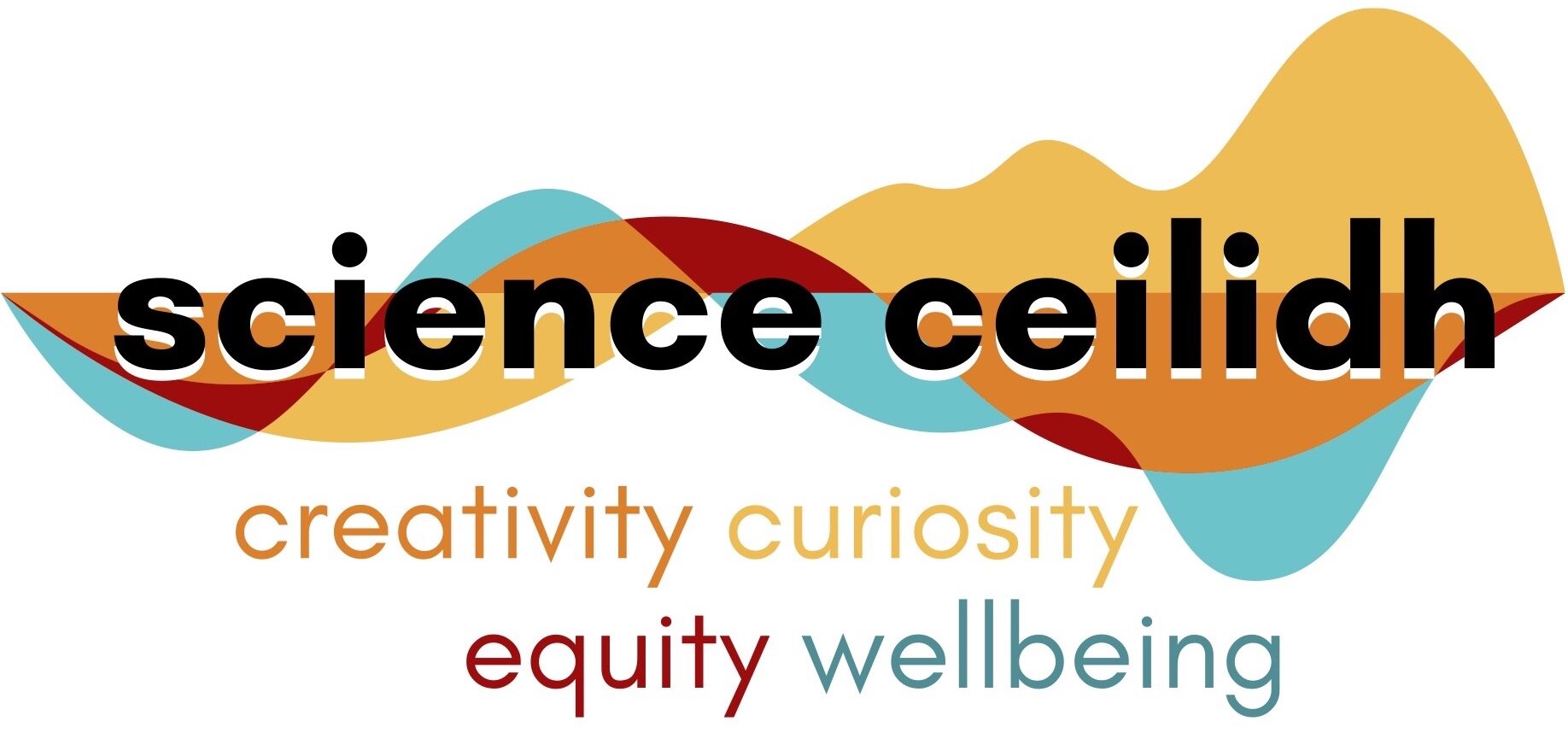Capacity Building & Training Programme
Bespoke training programme for the Highlands & Islands Climate Change Community Research Network.
In response to conversations within the Highlands and Islands Climate Change Community Network about capacity building in community-led research, these free, online training sessions were developed to cover the topics the network deemed most necessary and useful.
You can read more about the development of the training programme, and how it was designed to specifically address capacity issues for community-led research on climate change in the Highlands & Islands, through the link below.
These training sessions were recorded and developed into a set of training resources which are available for members of the Community Knowledge Matters network. To find out more, sign up for the network, and request a copy of the resources please click on the link below.
Training Sessions
Navigating Challenging Conversations
In this training we explored approaches to building trust, and how we engage with people on sensitive topics, particularly around the climate and ecological crisis, navigating different beliefs, needs and priorities.
This included building awareness of the range of responses, recognising when people feel discomfort or when defences are activated - including our own; identifying strategies for coping and resilience; and approaching others with compassion, especially those finding it difficult to engage. We considered strategies for de-escalation and look briefly at safeguarding in challenging situations. The workshop also included short mindfulness practice exercises.
Training Providers: Kate Adams and Nadine Andrews (Climate Psychology Alliance)
Volunteer Management & Community Leadership Skills
This training looked at how we can effectively facilitate and lead on projects, with a focus on managing volunteers. How to meaningfully engage volunteers in a project without being extractive and placing undue burden on them? How to ensure that volunteers feel well enough supported and are getting something out of the opportunity, whilst also supporting the sustainable development of the community organisation/group itself? How to hold onto volunteers once you’ve recruited them? This training offered some practical tips and best practice, whilst also exploring a variety of sustainable leadership techniques that can support both project leaders and volunteers.
Training Providers: Luthien Lark (HTSI), Lauren Pyott (Science Ceilidh)
Policy, Impact & Community Engagement
In this practical workshop, we heard stories about how community engagement and policy engagement can drive social change. We also learned more about our own strengths and the different paths we can take to make a difference. Dave and Catherine-Rose from the Scottish Policy and Research Exchange delivered the workshop and shared some stories from their experience. They also facilitated individual and small group working to explore sources of power within our own contexts.
Training Providers: Dave Blackbell & Catherine-Rose Stocks-Rankin (Scottish Policy Research Exchange)
Measuring Environmental Impact
This session explored different aspects of measuring environmental impact from a community and systems perspective, including community led carbon audits, documenting processes and ‘community decarbonisation’ techniques, with examples from the Carbon Neutral Islands project and the Island Centre for Net Zero. The session also included an exploration of some of the wider structural aspects within the net zero landscape, as well as thinking about how to do this work in a complex landscape that feels like it’s constantly changing.
Training Providers: Becky Ford & Cameron Duff (Community Energy Scotland), Peter Lefort (Green Futures Network)
Burn Out Prevention & Recovery for Climate Activists
This training session covered the issue of burnout within the contexts of the third sector and climate change action specifically. It covered some theories of burnout, how our nervous systems work, how and why it happens, how we can notice it and what we can do about it. With a mix of peer to peer support opportunities, theory, testimonies from lived experience and practical exercises in how to build resilience, this training illustrated how working in a sustainable way is part of building a sustainable world.
Training Provider: Jo Musker-Sherwood (Rest of Activism)

